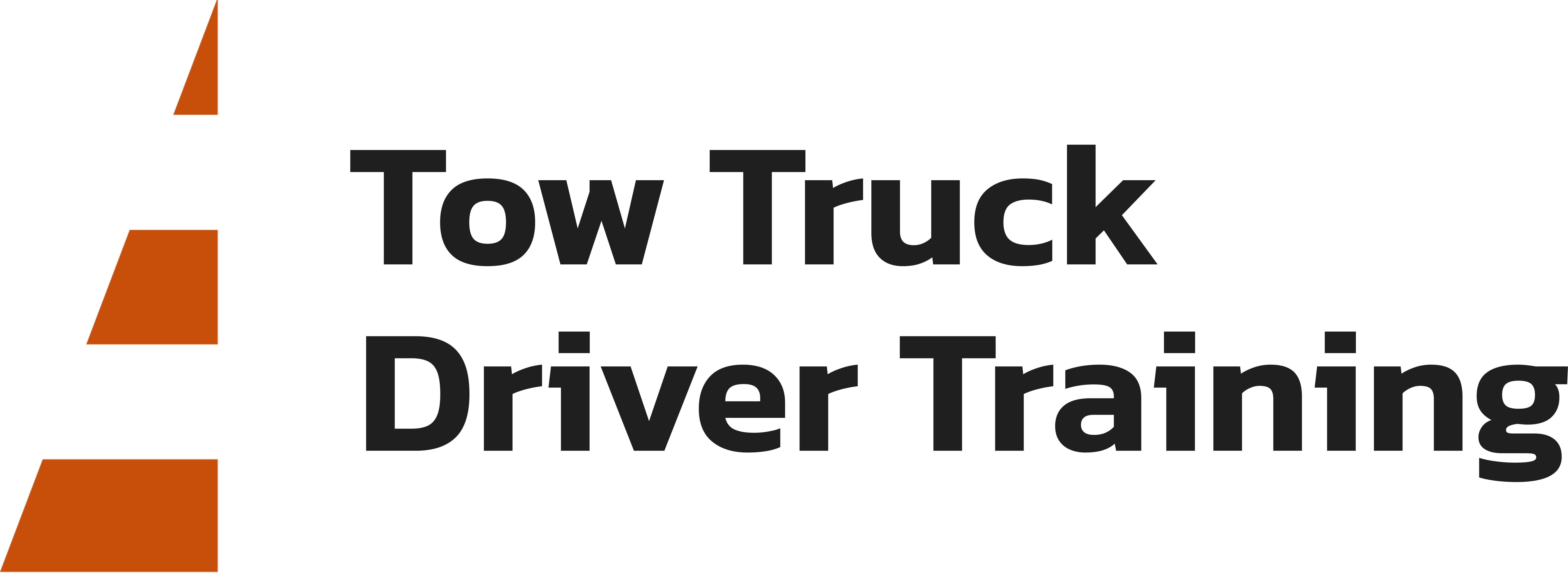Dangers of the Job: Rural Roads
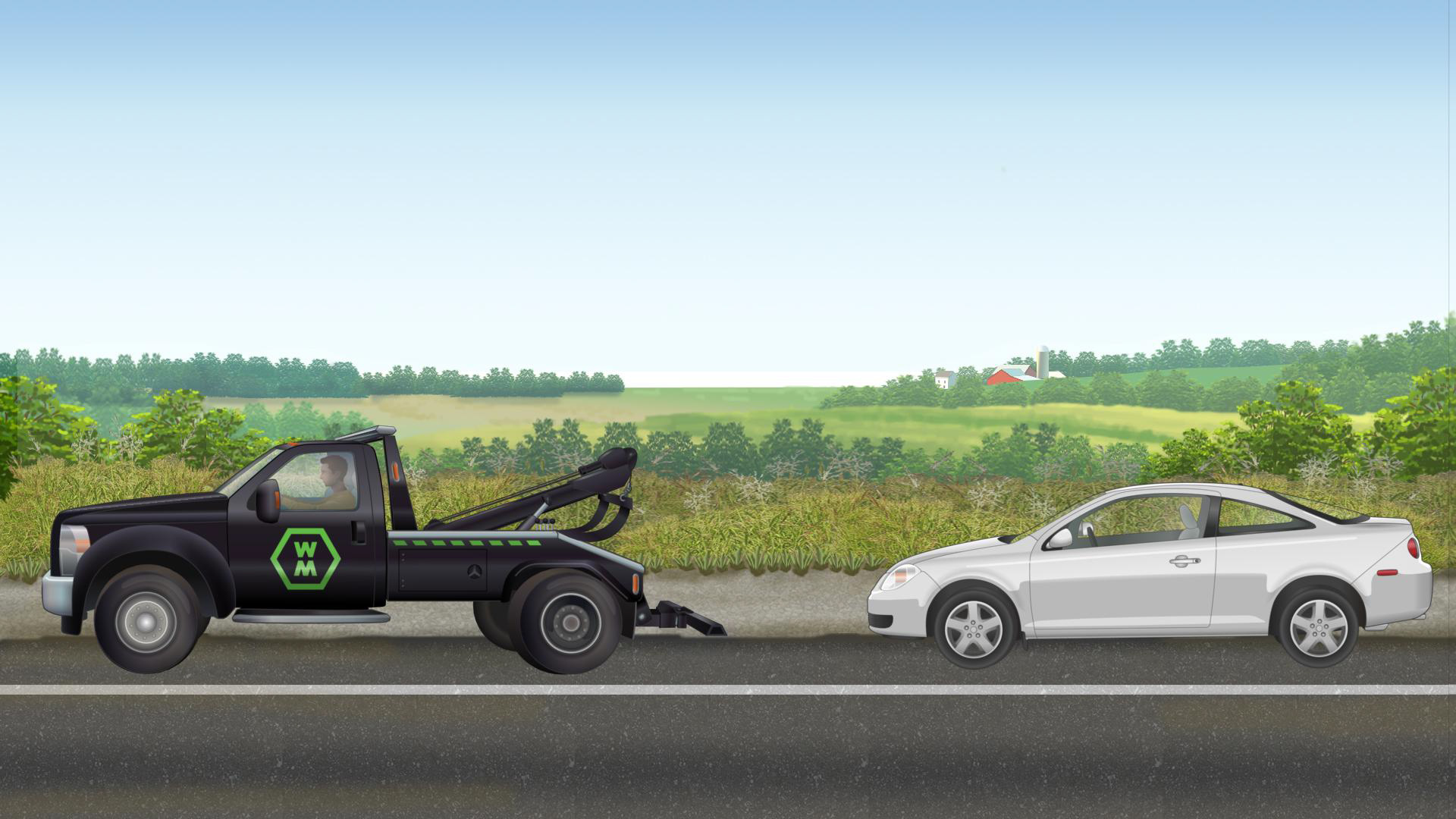
While there are specific dangers and risks for every task performed in and around a tow truck or carrier, every location a tow, transport or recovery is done comes with its own unique set of risks. Below is an outline of the common dangers an operator may face while working on rural roads.
REDUCED WORKING AREA
When operating on rural roads, there is typically no paved shoulder or no shoulder at all. This means that vehicles have little to no space to pull over after a collision or a break down. Rural roads can also be narrower that city or suburban streets, meaning the working area for the operator is minimal. WreckMaster strongly recommends that any operations on rural road be conducted with some sort of traffic management device, whether it be signage, flares or cones.
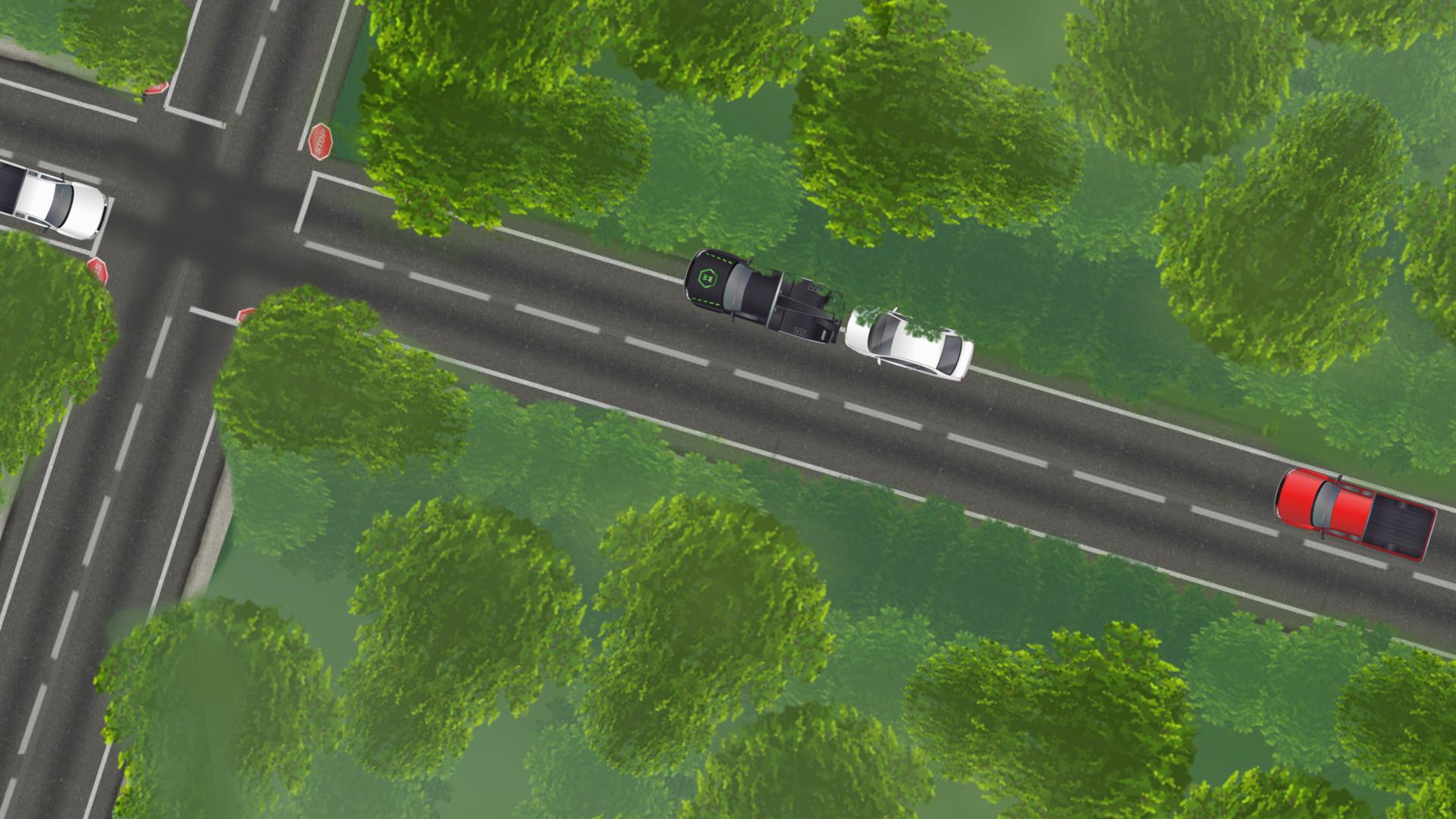
TRAFFIC
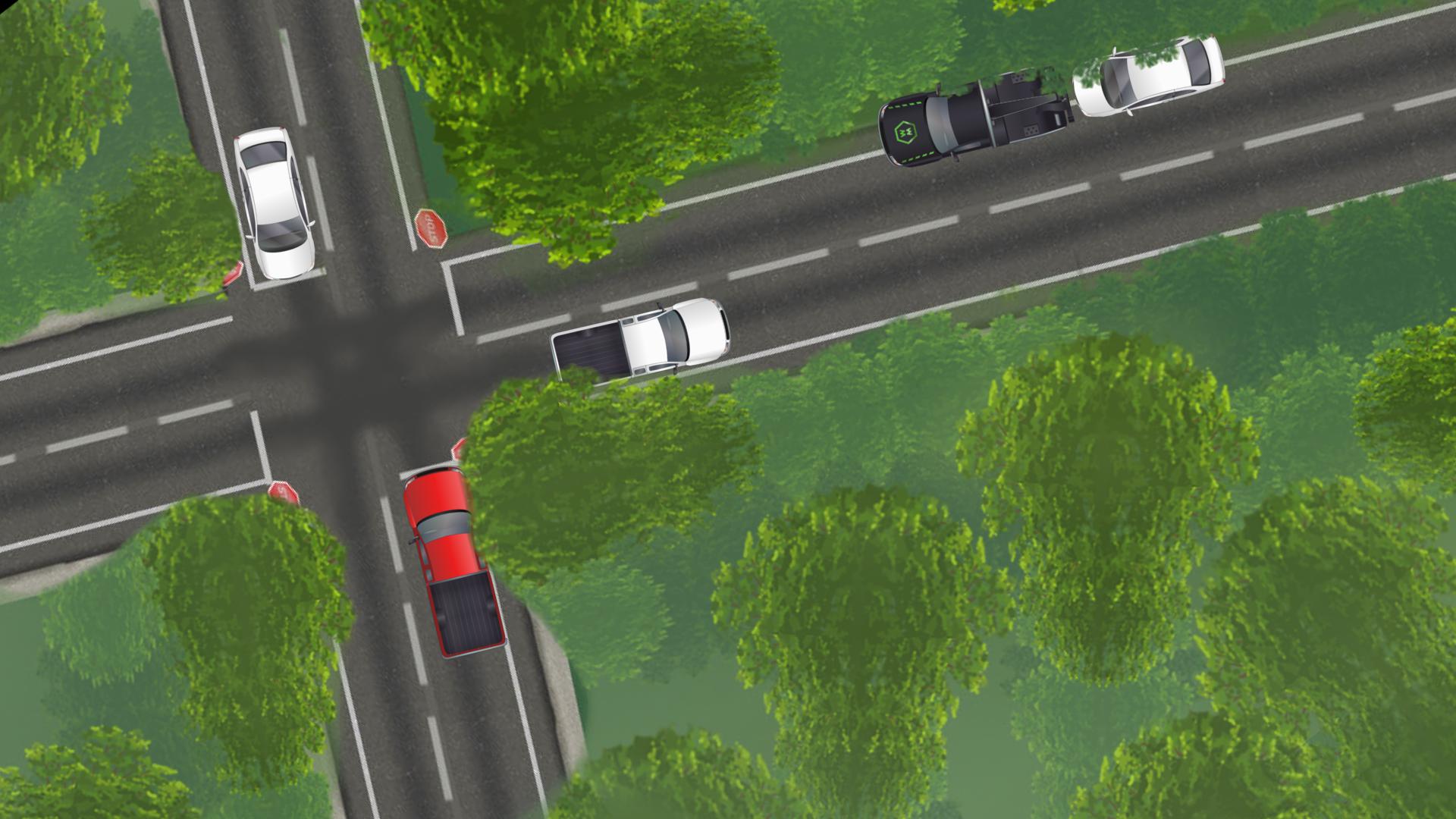
While traffic is generally lighter on rural roads, it does not mean it is less of a concern than operating in any other area. As previously mentioned, there will usually be a reduced operating space on rural roads. This means operating close to or in a lane of traffic. Additionally, with less signage and traffic on rural roads, vehicles tend to ignore the speed limit. A driver who is not used to many vehicles on the road may not anticipate towing operations and will not be adequately prepared to slow down. Watch out for distracted drivers.
Operators should be intently aware of traffic flow both up and down stream at all times.
CONDITION

As rural roads typically have a lower flow of traffic, they often have a lower priority for plows in some municipalities. This means snow can collect and become deep and packed to the road, creating a potential situation where a vehicle could be come stuck. Similarly, the roads may not be treated with salt or sand to combat ice build up and could become slick or slippery and dangerous for driving on.
Some rural roads may be unpaved. When operating on dirt or gravel roads following rainfall or wet conditions, be careful of mud and areas where a truck can become stuck.
REMEMBER
There are many reasons to keep a shovel stowed on your truck. In raining, muddy, or snow conditions, the shovel is an essential tool. Be sure it is present and in good working order durring your daily inspection.
VISIBILITY
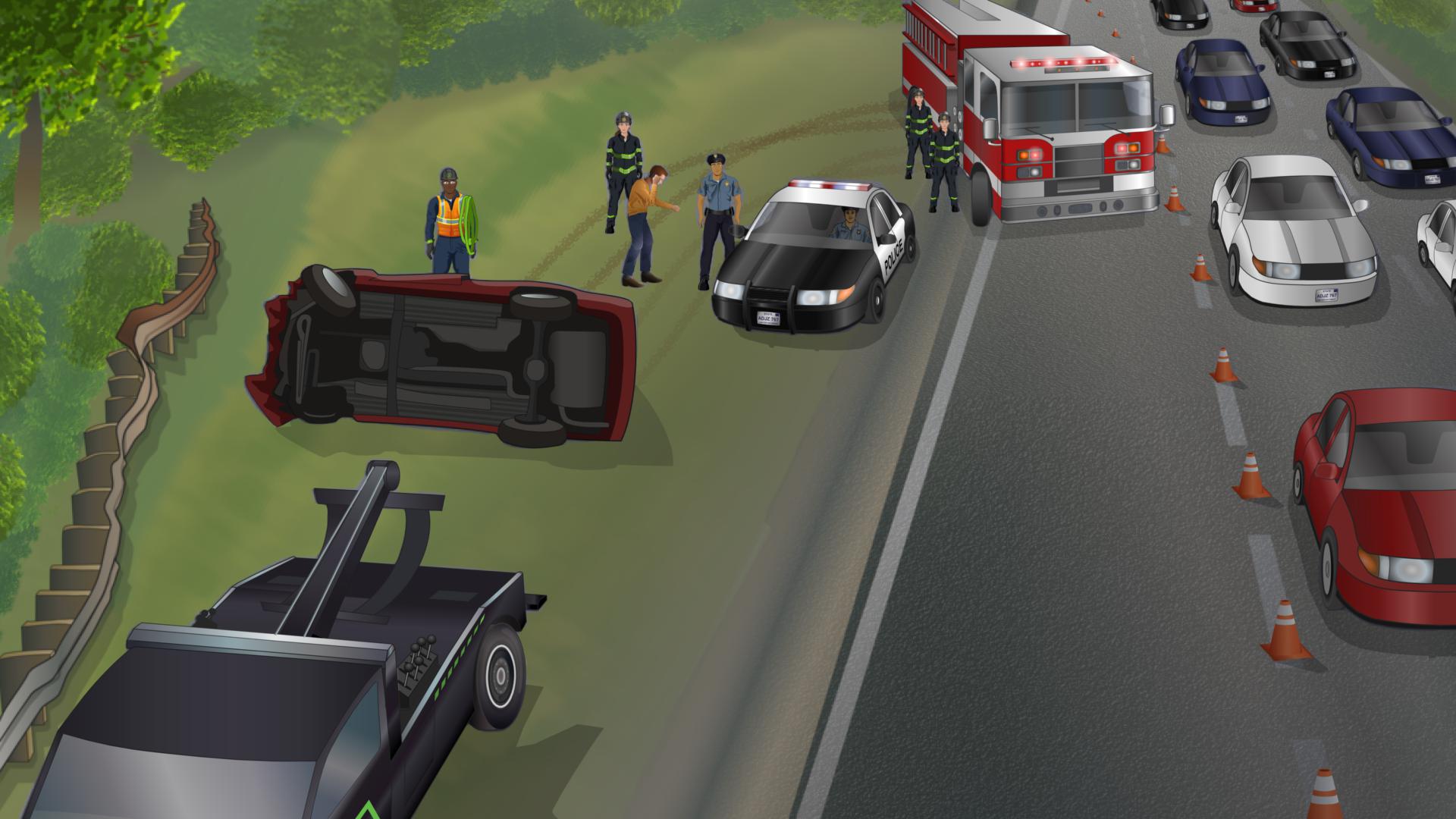
Rural roads can often have little to no lighting, meaning visibility may be drastically reduced. This can make both driving and conducting tow operations difficult at night. It is highly recommended that both the casualty and the tow truck’s hazard lights are on at all time’s and that operators activate their strobe lights to alert incoming traffic of the work ahead. As always, limit the time spent working on the traffic side of the casualty and wear reflective PPE items at all times.
WILDLIFE
When working in rural or remote areas, operators must be aware of their surroundings both on and off the road. The chance of encountering wildlife increases in rural areas. Though risk from wild animals is minimal, WreckMaster recommends keeping an eye out for insects, snakes or any other wildlife that could lead to injury or an allergic reaction. This also includes plant life, such as poison ivy. Be sure to wear long pants (required by transportation authorities) and protective footwear at all times.
